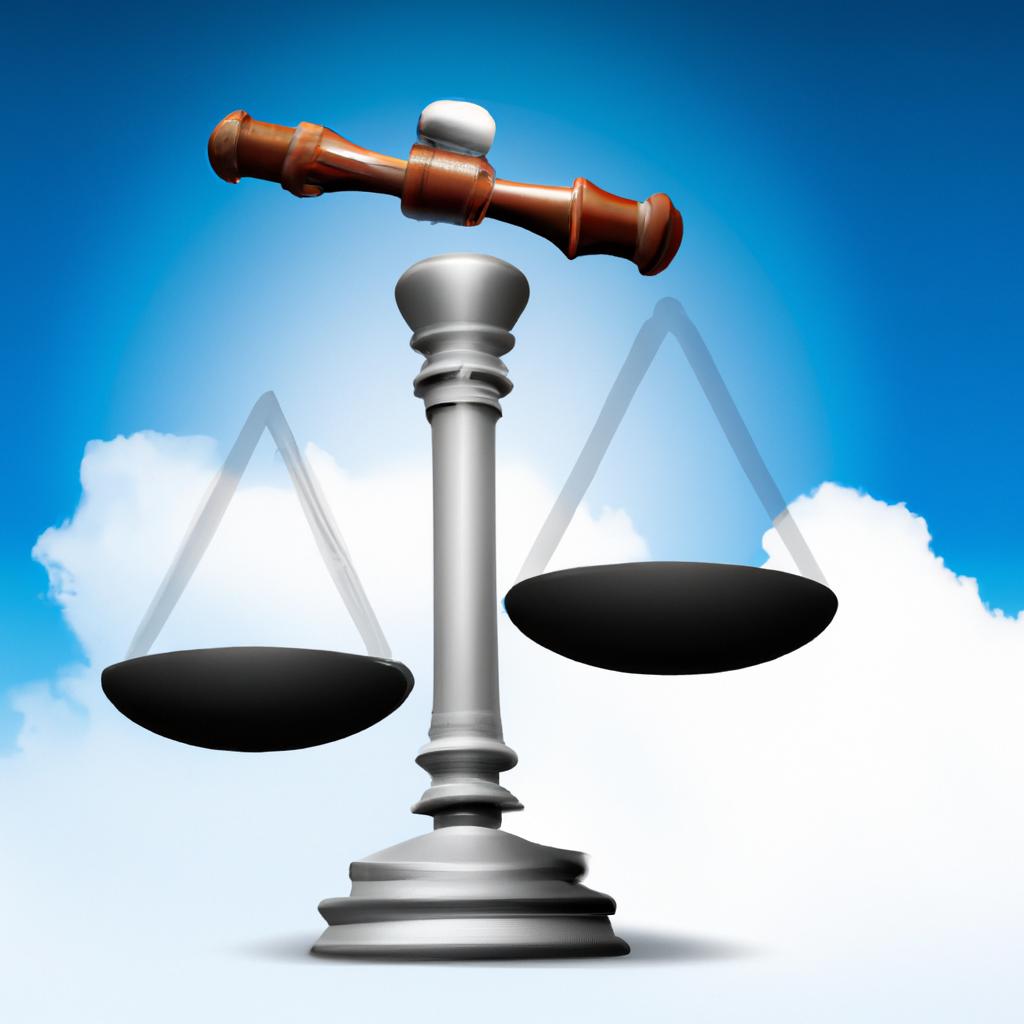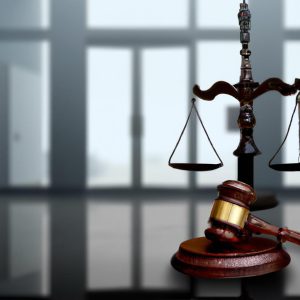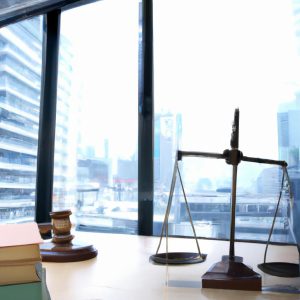In times of loss, individuals are often left feeling overwhelmed and unsure of where to turn. The passing of a loved one can bring about a whirlwind of emotions and responsibilities that can be difficult to navigate alone. At Morgan Legal Group, we understand the complexities that come with the death of a family member or loved one. As experienced attorneys specializing in estate planning, probate, elder law, Wills, and trusts, we are here to guide you through the intricate process of what to do when someone dies. From distributing assets to settling debts, we are dedicated to providing the support and expertise needed to ensure a smooth and orderly transition during this challenging time.
Navigating the Legal Procedures After a Loved One Passes Away
When a loved one passes away, it can be a challenging and emotional time. There are several legal procedures that need to be navigated in order to ensure that everything is handled properly. Below are some steps to take when dealing with the legalities after the passing of a loved one:
<ul>
<li><strong>Contact an Estate Attorney:</strong> It is important to seek the help of a knowledgeable estate attorney who can guide you through the legal process.</li>
<li><strong>Gather Important Documents:</strong> Collect important documents such as the will, death certificate, insurance policies, and any other relevant paperwork.</li>
<li><strong>Notify Creditors and Government Agencies:</strong> Inform creditors, banks, and government agencies of the death and begin the process of closing accounts and settling debts.</li>
<li><strong>Handle Probate Proceedings:</strong> If necessary, work with your estate attorney to navigate the probate process and distribute the deceased's assets according to their wishes.</li>
</ul>| Name | Relation |
|---|---|
| John Smith | Son |
| Jane Doe | Daughter |
| Emily Johnson | Spouse |
<p>By following these steps and seeking the appropriate legal guidance, you can ensure that your loved one's affairs are handled with care and in accordance with the law. At Morgan Legal Group, we specialize in estate planning and probate law and are here to assist you during this difficult time.</p>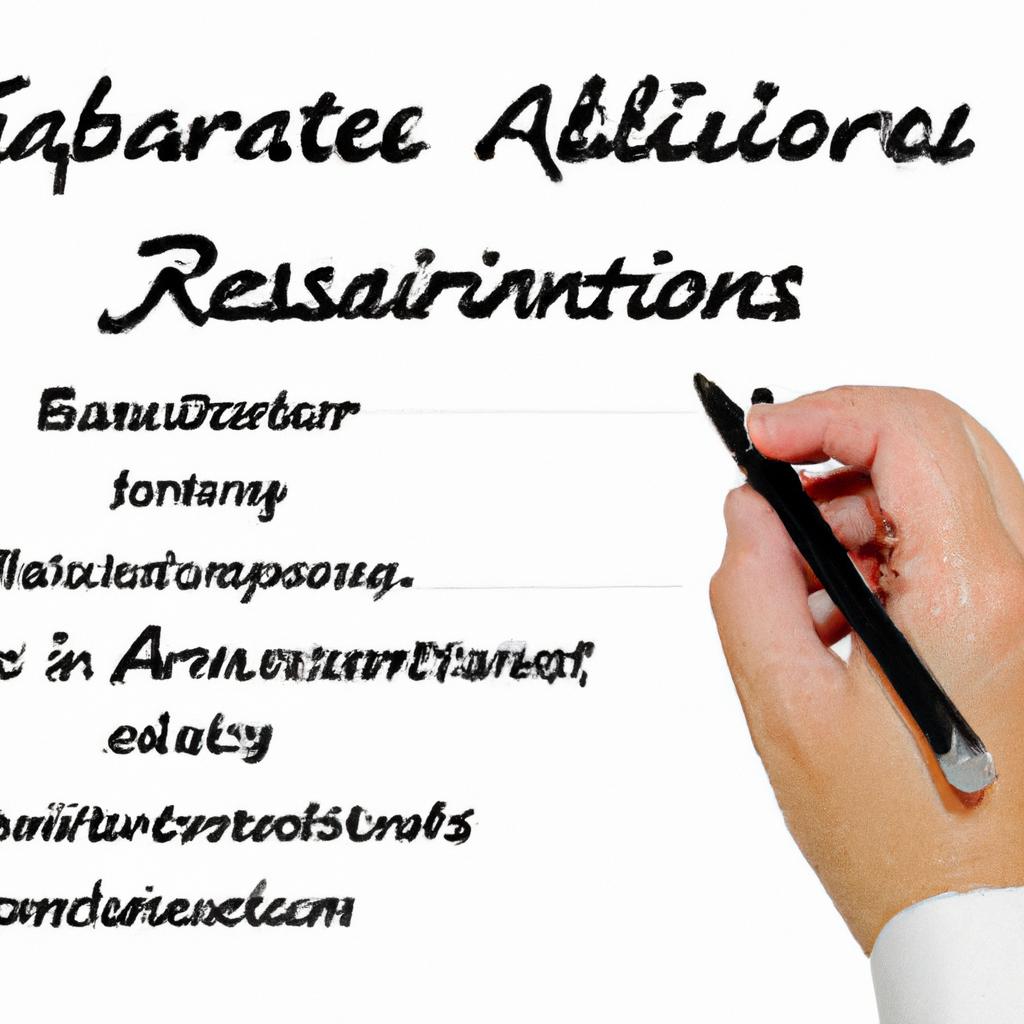
Understanding the Responsibilities of an Executor or Administrator
When dealing with the responsibilities of an executor or administrator after someone has passed away, it is crucial to understand the legal obligations that come with this role. As an executor, you are tasked with carrying out the deceased individual’s wishes as outlined in their will. This includes managing and distributing their assets, settling any debts and taxes, and handling any legal matters that may arise during the probate process.
- Gather Important Documents: Collect all relevant documents such as the will, death certificate, financial statements, and insurance policies.
- Notify Creditors and Beneficiaries: Inform creditors of the decedent’s passing and reach out to beneficiaries to inform them of their inheritance.
- File Taxes: Handle the deceased individual’s final tax return and any estate tax filings that may be required.
Additionally, as the executor or administrator, you may need to appear in court, communicate with beneficiaries, manage the deceased person’s property, and handle any disputes that may arise among family members. It is essential to seek legal guidance from professionals, such as Morgan Legal Group in New York City, who specialize in estate planning and probate law to ensure that you fulfill your duties accurately and in accordance with the law.
| Responsibilities | Executor | Administrator |
|---|---|---|
| Gather Documents |  |  |
| Notify Creditors |  |  |
| File Taxes |  |  |

Securing and Distributing the Deceased’s Assets in Accordance with the Law
When a loved one passes away, it can be a difficult and emotional time for those left behind. is a crucial step in the probate process. To ensure that the deceased’s wishes are carried out and that their assets are distributed fairly, it is important to follow the legal guidelines set forth by the state.
One of the first steps to take when someone dies is to locate and secure their assets. This may include bank accounts, real estate, investments, and personal belongings. It is important to gather all relevant documents, such as wills, trusts, and insurance policies, to determine how the deceased’s assets should be distributed. Working with an experienced probate attorney can help navigate the legal process and ensure that all assets are distributed according to the deceased’s wishes and in compliance with state laws.
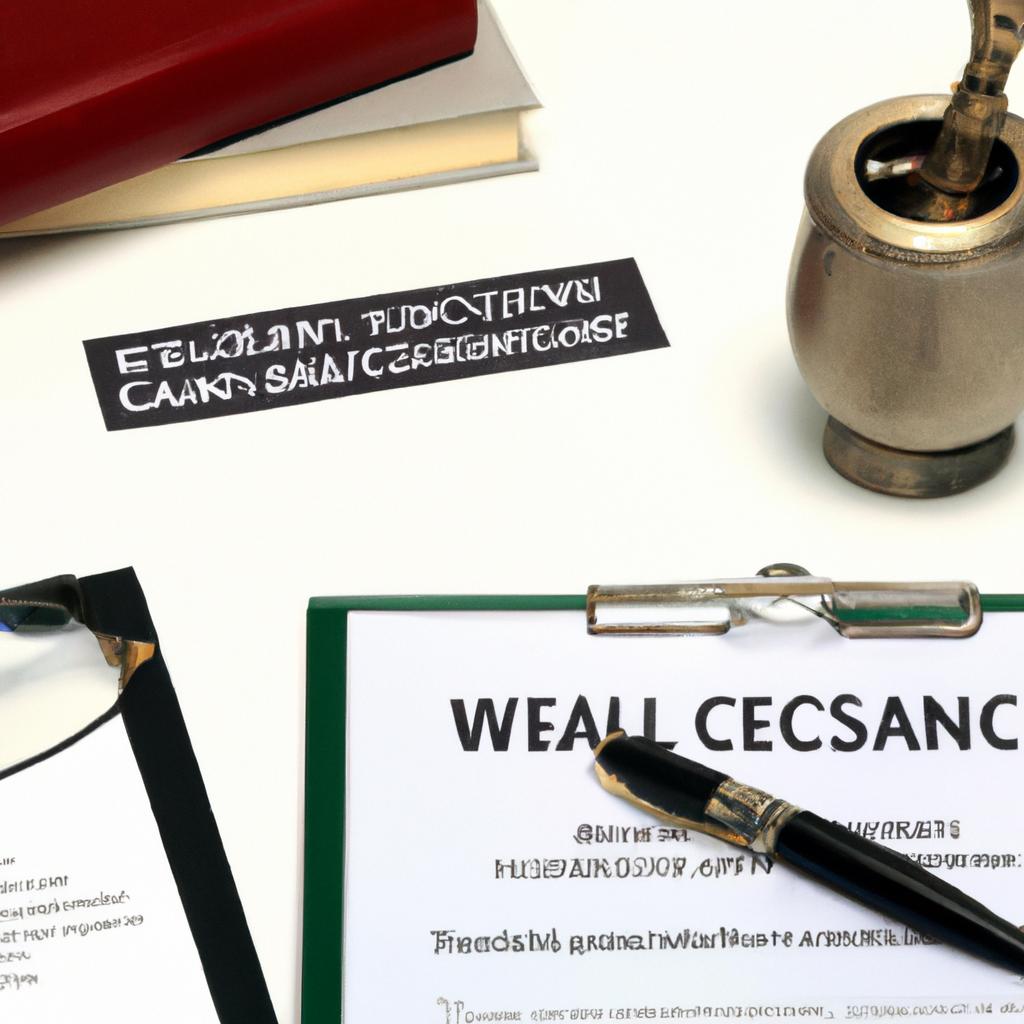
Seeking Legal Counsel for Guidance and Support in Estate Settlement
If you have recently experienced the loss of a loved one, you may be feeling overwhelmed and unsure of what steps to take next. Seeking legal counsel during this difficult time can provide you with the guidance and support you need to navigate the estate settlement process.
At Morgan Legal Group, our team of experienced attorneys specializes in estate planning and probate law. We can assist you in gathering and reviewing important documents, navigating the probate process, and ensuring that your loved one’s final wishes are carried out. Whether you are in need of assistance with creating a Will or trust, or require representation in a dispute over estate assets, our team is here to help.
Q&A
Q: What should I do if someone close to me passes away?
A: First and foremost, it’s important to take care of yourself and allow yourself to grieve. Seek out support from friends, family, or a therapist.
Q: What are the immediate steps I should take after someone dies?
A: Contact emergency services if the death was sudden or unexpected. Notify family members and close friends of the passing. Make arrangements for the body to be taken care of by a funeral home.
Q: How do I navigate the bureaucratic process of dealing with a loved one’s death?
A: Obtain the death certificate from the authorities, notify the deceased person’s employer, banks, and other institutions of their passing. Contact a lawyer or estate planner if necessary.
Q: What should I do with the deceased person’s belongings?
A: If the deceased person left behind a will, follow their instructions for distributing their assets. If there is no will, work with a lawyer to navigate the process of distributing their belongings.
Q: How can I honor the memory of the deceased person?
A: Consider holding a memorial service or gathering to celebrate their life. Plant a tree in their memory or make a donation to a cause they cared about. Share stories and memories of them with others.
Closing Remarks
Losing a loved one is one of the most difficult experiences we face in life. How we navigate through the grieving process can greatly impact our healing and growth. Remember to take care of yourself, lean on your loved ones for support, and seek out professional help if needed. It’s okay to feel a range of emotions and to take the time you need to process your loss. We hope this article has provided some guidance on what to do when someone dies, and know that you are not alone in your journey towards healing. May your memories of your loved one bring you comfort and peace in the days ahead.
 Losing a loved one is never easy, and knowing what to do when someone dies can be overwhelming and confusing. Whether it is a family member, friend, or acquaintance, the death of someone close to you can leave you feeling lost and unsure of what steps to take next. In this article, we will guide you through what to do when someone dies, including legal and practical aspects, so you can navigate this difficult time with ease.
Losing a loved one is never easy, and knowing what to do when someone dies can be overwhelming and confusing. Whether it is a family member, friend, or acquaintance, the death of someone close to you can leave you feeling lost and unsure of what steps to take next. In this article, we will guide you through what to do when someone dies, including legal and practical aspects, so you can navigate this difficult time with ease.
1. Contact a Medical Professional
If someone dies at home or in a care facility, it is important to call a medical professional, such as a family doctor or hospice nurse, to confirm the death. If the person passes away in a hospital, the medical staff will take care of this step. The medical professional will issue a medical certificate of death, which is an essential document for the next steps to follow.
2. Notify Proper Authorities
Next, you will need to contact the local authorities, such as the police or coroner’s office, to report the death. This step is necessary in the case of a sudden or unexpected passing, and the authorities will assist in determining the cause of death. They will also help arrange for the transportation of the deceased to a funeral home or crematorium.
3. Plan the Funeral or Memorial Service
Once the person’s body is in the care of a funeral home, you can begin planning the funeral or memorial service. If the person had a pre-planned funeral arrangement, it will make things easier, but if not, you will need to make decisions regarding the type of service, burial or cremation, and any other specific requests the person may have had. You can also reach out to a trusted funeral home for guidance and assistance in arranging the service.
4. Contact Friends and Family
After the initial shock of the death, it is important to notify friends and family members of the passing. You can also request their help in notifying others who may need to be informed, such as employers or organizations the person was a part of. You can also ask for their support during this difficult time and delegate tasks that need to be taken care of.
5. Locate Important Documents
In the aftermath of a death, there are important documents that need to be located and organized. These include the person’s will, insurance policies, bank account information, and other important legal documents. You can consult with a lawyer or financial advisor for guidance on how to handle these documents and determine if the person had any final wishes.
6. Handle Financial Affairs
Along with the important documents, you will also need to take care of the person’s financial affairs. This includes closing bank accounts, canceling credit cards, and notifying any companies that the person had financial obligations to. You may also need to consider hiring an estate lawyer to assist with the legal aspects of handling the person’s finances.
7. Seek Support
Losing a loved one can be emotionally devastating, and it is important to take care of yourself during this time. Seek support from friends and family, and consider joining a support group or seeking therapy if needed. It is also helpful to delegate tasks and ask for help when needed to avoid getting overwhelmed.
In Conclusion
Dealing with the death of someone close to you is a difficult and emotional experience. It is important to take things one step at a time and seek the support and guidance of professionals and loved ones. By following the above steps, you can ensure that the necessary legal and practical aspects are taken care of while also giving yourself the time and space to grieve. Remember to take care of yourself during this time, and know that there is no right or wrong way to mourn the loss of a loved one.

